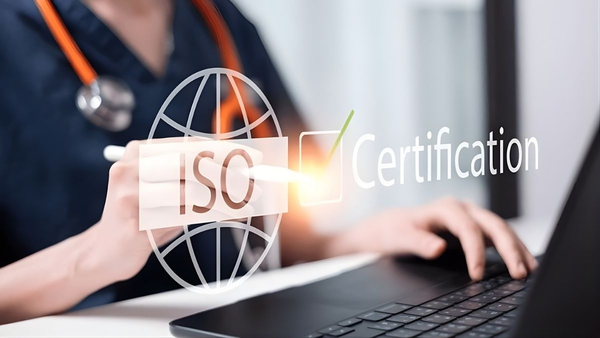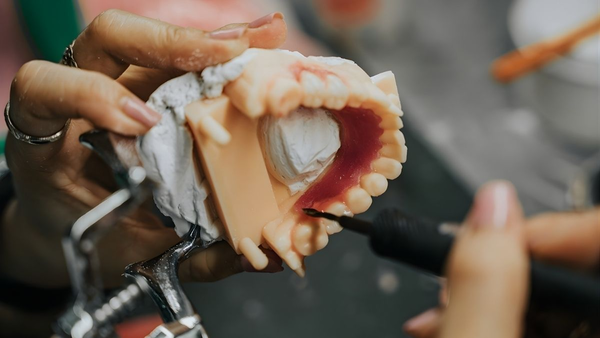The U.S. Food and Drug Administration (FDA) plays a critical role in regulating the safety, efficacy, and quality of medical devices, including dental products, imported into the United States. For Vietnamese dental laboratories, compliance with FDA regulations is essential to ensure seamless market entry and long-term success in serving U.S. dental practices.
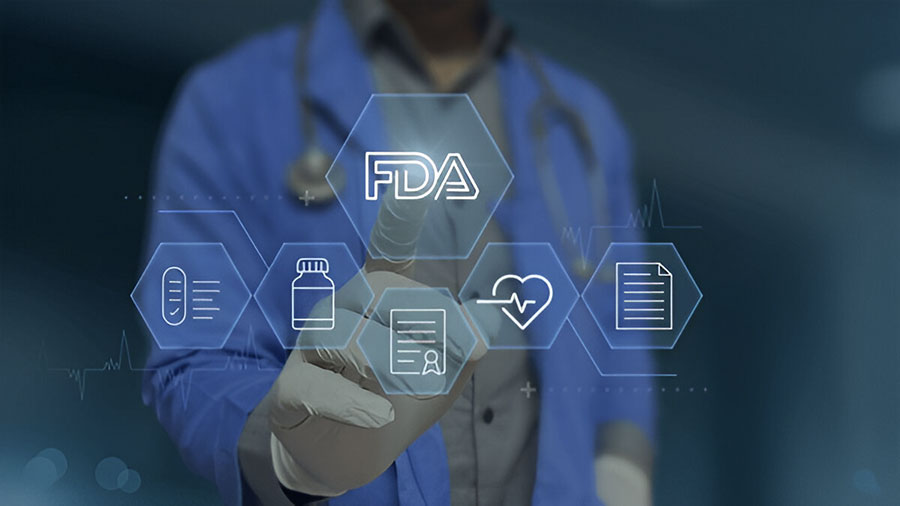
Table of contents [Show]
- Why FDA Compliance Matters
- Key FDA Compliance Requirements
- Conclusion
- How XDENT LAB Ensures FDA Compliance
The U.S. Food and Drug Administration (FDA) plays a critical role in regulating the safety, efficacy, and quality of medical devices, including dental products, imported into the United States. For Vietnamese dental laboratories, compliance with FDA regulations is essential to ensure seamless market entry and long-term success in serving U.S. dental practices.
This article provides a comprehensive overview of FDA compliance requirements for Vietnamese dental laboratories, outlining key processes, documentation, and standards that must be adhered to.

Why FDA Compliance Matters
FDA compliance is not just a legal obligation—it is a mark of quality and reliability. For Vietnamese dental laboratories like XDENT LAB, meeting FDA standards demonstrates a commitment to delivering safe and high-quality dental products, fostering trust among U.S. dental practices.
Key benefits of FDA compliance include
Market Access: Ensures smooth entry into the U.S. market.
Reputation Building: Positions your lab as a trusted partner for dental practices.
Risk Mitigation: Reduces the likelihood of penalties, product recalls, or import restrictions.
Key FDA Compliance Requirements
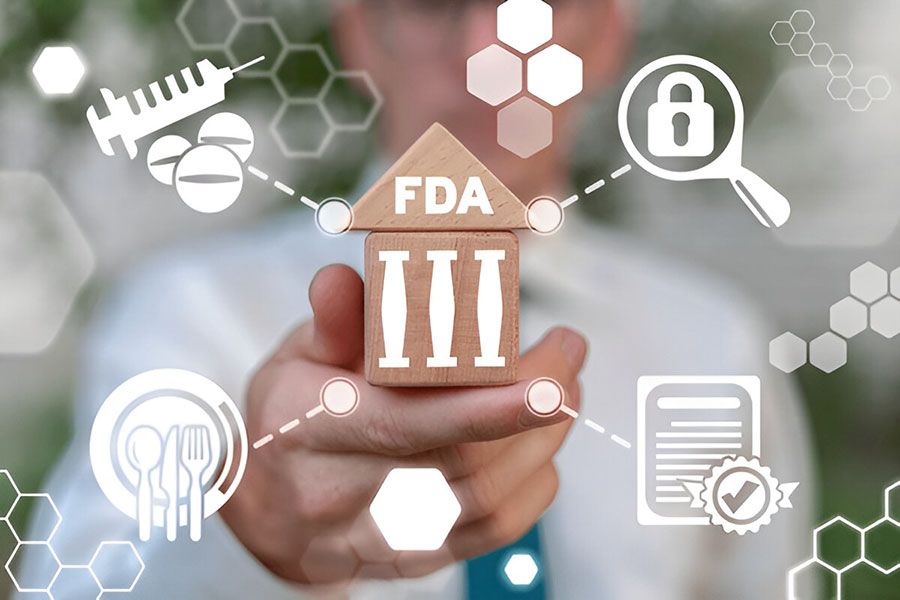
Registration and Listing
FDA Registration
All Vietnamese dental laboratories exporting dental devices to the U.S. must register their facilities with the FDA through the FDA Unified Registration and Listing System (FURLS). Registration ensures that the FDA is aware of your facility and its manufacturing activities.
Device Listing
Each dental device manufactured or exported must be listed with the FDA. The listing process includes providing detailed information such as:
Product Name.
Intended Use.
Device Classification.
Proper registration and listing are foundational steps in achieving FDA compliance.
Device Classification
Dental devices are categorized into three classes based on their risk level:
Class I (Low Risk): Devices such as dental burs and impression trays require general controls but no premarket approval.
Class II (Moderate Risk): Devices like dental crowns, bridges, and orthodontic appliances require compliance with specific performance standards and may need a 510(k) Premarket Notification.
Class III (High Risk): Rare in dentistry, these devices require extensive testing and premarket approval.
Knowing your device’s classification is crucial for determining the regulatory pathway.
Quality System Regulation (QSR)
FDA’s Quality System Regulation (21 CFR Part 820) outlines requirements for the design, manufacturing, packaging, labeling, storage, and distribution of medical devices. Vietnamese dental laboratories must:
Document Processes: Maintain detailed records of manufacturing and quality control procedures.
Implement Quality Controls: Ensure consistent product quality through rigorous testing.
Ensure Traceability: Track devices from production to distribution to ensure accountability.
Compliance with QSR is essential for ensuring product safety and reliability.
Labeling and Packaging
Dental devices must adhere to FDA labeling requirements under 21 CFR Part 801, which include:
Proper Identification: Clear labeling of the device name, manufacturer, and intended use.
Instructions for Use: Comprehensive guidance on how to use the device safely.
Warnings: Indication of any risks or contraindications.
Packaging must also ensure the device remains sterile and intact during transportation and storage.
Premarket Notification (510(k))
Certain dental devices, particularly Class II devices, require a 510(k) Premarket Notification. This process involves demonstrating that your device is substantially equivalent to a legally marketed device.
Key components of a 510(k) submission include
Technical Documentation: Detailed descriptions of the device’s design and functionality.
Performance Testing: Evidence that the device meets safety and efficacy standards.
Biocompatibility Data: Proof that the device is safe for intraoral use.
510(k) submissions are critical for ensuring regulatory approval for Class II devices.
Good Manufacturing Practices (GMP)
Compliance with Good Manufacturing Practices (GMP) is mandatory for FDA approval. Vietnamese dental laboratories must:
Maintain Clean Facilities: Ensure a sterile environment for manufacturing.
Calibrate Equipment: Regularly test and maintain equipment to ensure accuracy.
Train Employees: Provide ongoing training on FDA standards and quality control processes.
GMP ensures that dental devices are consistently produced and controlled to meet quality standards.
Adverse Event Reporting
Under FDA regulations, Vietnamese dental laboratories must report any adverse events or device malfunctions through the Medical Device Reporting (MDR) system. This includes:
Device Failures: Issues that could compromise patient safety.
Injuries or Deaths: Incidents linked to device use.
Proactive reporting helps maintain compliance and protects patients from harm.
Import Requirements
Dental devices imported into the U.S. are subject to FDA inspection at the port of entry. Importers must ensure:
Documentation Accuracy: All certificates of compliance and registration details are complete.
Labeling Compliance: Packaging and labeling meet FDA standards.
Product Integrity: Devices remain sterile and intact during transportation.
Failure to meet import requirements can result in delays or rejection.
International Cooperation
The FDA collaborates with international regulatory bodies to ensure compliance. Vietnamese laboratories may also need to meet additional standards set by:
ISO Guidelines: ISO 13485 for medical devices.
Local Authorities: Vietnam’s Ministry of Health regulations.
Understanding both local and international standards is key to maintaining compliance.
Third-Party Certification
In some cases, FDA-recognized third-party certification bodies can assess compliance with FDA regulations. This can streamline the approval process and facilitate smoother market entry.
Conclusion
FDA compliance is a cornerstone of success for Vietnamese dental laboratories exporting to the U.S. market. By adhering to stringent regulations for registration, device classification, quality systems, labeling, and reporting, labs can ensure the safety and quality of their products while building trust with U.S. dental practices.
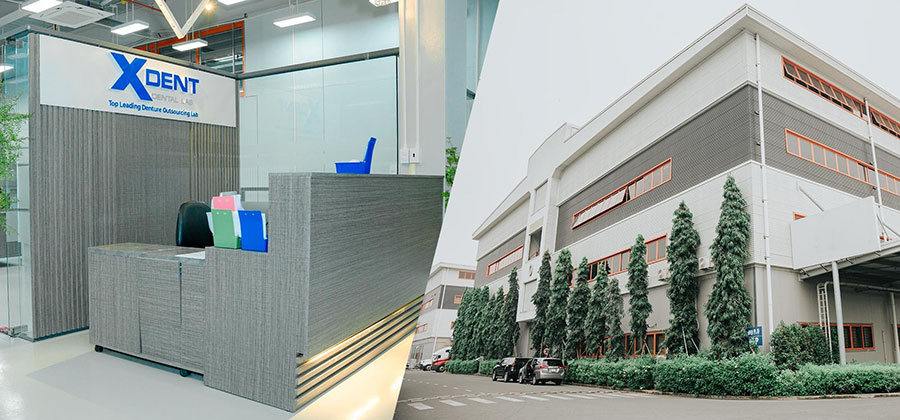
Partner with XDENT LAB to access FDA-compliant dental solutions that meet the highest standards of quality and performance. Contact us today to learn how we can help your dental practice thrive in the U.S. market.
How XDENT LAB Ensures FDA Compliance
At XDENT LAB, we prioritize FDA compliance to deliver high-quality dental products to U.S. dental practices. Our approach includes:
Facility Registration: Both factories are FDA-registered and adhere to strict regulatory standards.
ISO Certification: Compliance with ISO 13485 ensures consistent quality.
Advanced Technology: State-of-the-art equipment for precision manufacturing.
Skilled Technicians: Certified professionals trained in FDA requirements.
Documentation Excellence: Comprehensive records for traceability and accountability.
Our commitment to compliance makes XDENT LAB the trusted choice for dental labs seeking reliable outsourcing solutions.
XDENT LAB is an expert in Lab-to-Lab Full Service from Vietnam, with the signature services of Removable & Implant, meeting U.S. market standards – approved by FDA & ISO. Founded in 2017, XDENT LAB has grown from local root to global reach, scaling with 2 factories and over 100 employees.. Our state-of-the-art technology, certified technicians, and commitment to compliance make us the trusted choice for dental practices looking to ensure quality and consistency in their products.
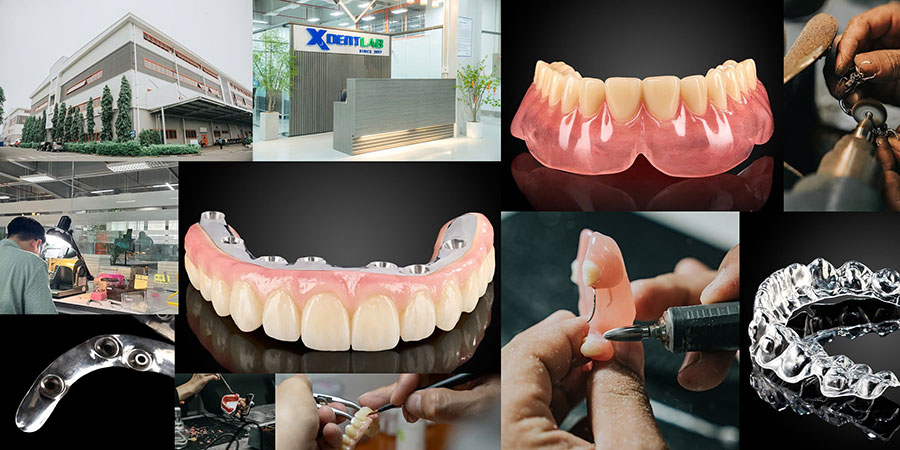
Our commitments are:
100% FDA-Approved Materials.
Large-Scale Manufacturing, high volume, remake rate < 1%.
2~3 days in lab (*digital file).
Your cost savings 30%.
Uninterrupted Manufacturing 365 days a year.
Contact us today to establish a strategy to reduce operating costs.
--------❃--------
Vietnam Dental Laboratory - XDENT LAB
🏢 Factory 1: 95/6 Tran Van Kieu Street, Binh Phu Ward, Ho Chi Minh City, Vietnam
🏢 Factory 2: Kizuna 3 Industrial Park, Can Giuoc Commune, Tay Ninh Province, Vietnam
☎ Hotline: 0919 796 718 📰 Get detailed pricing
Share this post:

